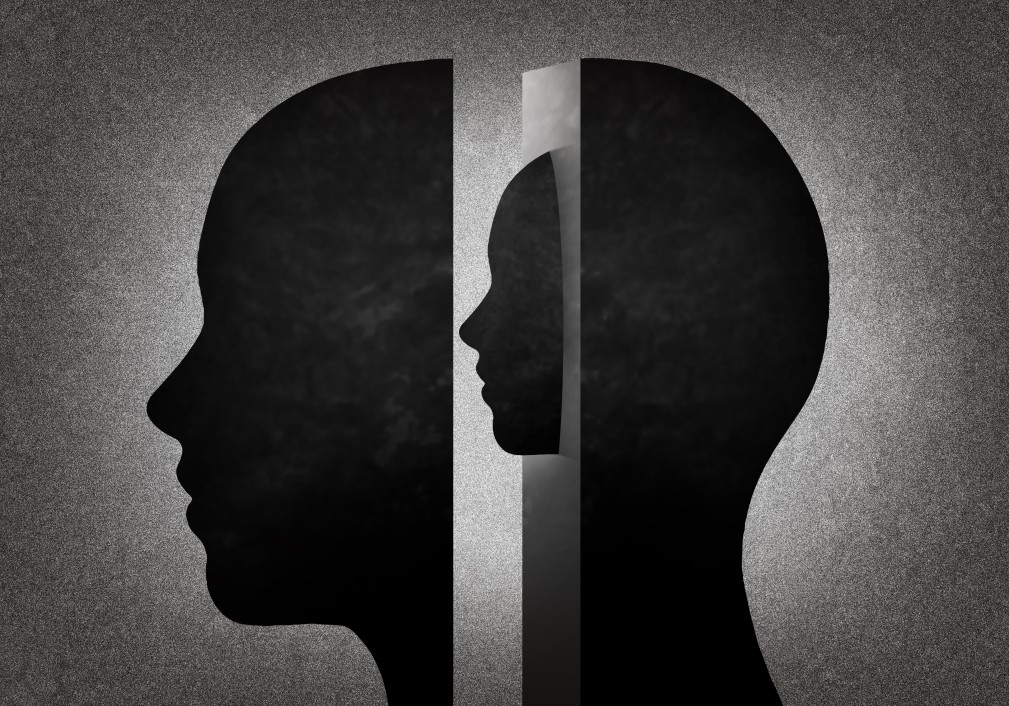Coming from a family of rational and atheist parents, I remember asking my father once as a child that why does he not believe in God? He closed his fists and asked me that will I believe if he says there is a train inside his fist? I said no, and he asked why. I replied because I see no train and it is just not possible.
He smiled and explained that just as it is foolish to believe what he said without seeing, it would be foolish to believe in anything that cannot be seen and proved. I was convinced. This is the objective world view. Objectivity in science is a value that informs how science is practiced and how scientific truths are created. It is the idea that in attempting to uncover truths about the world, one must aspire to eliminate personal biases, a priori commitments, emotional involvement, etc. and the truth itself must be what is observable and supported by evidence.
This objective world view which my father shares as an educated man with scientific temperament is generally or largely is the world view of the present and coming generations. This is the common world view of most people from my generation and we all have seen remarkable advantages of such a world view. I definitely need not cite examples of how pure sciences have changed our lifestyle and freed us from superstitions and various misconceptions.
Today science has remarkable authority over all other knowledge systems and all disciplines try to make itself scientific and objective to be more accurate. Even in our day to day conversations we use science to give anything validity and often in our attempt to convince someone we need to say that what am saying is scientifically proven.
Objective Truth or Subjective Realities?
It is easy for anyone to state that today, unlike our ancestors our lives are not governed by unquestionable authority of religious texts and institutions or blind beliefs but by objective evidence, rationality and questioning. We all live in a scientific era and for us the truths have to be objective. But it is not a happy story.
Our journey of moving towards objectivity is also undoubtedly a journey of moving away from subjective experiences. In our attempts of defining reality itself as objective and that which can be perceived and objectively studied we are also denying validity of subjective facts.
Human experiences of emotions become valid only when emotions can be defined and showed within neurobiological activities of the brain. In this objective world view my feeling of pain is a truth or can be a truth not because I feel the pain but only when it is shown with MRI scans than certain part of the brain is activated with my reports of pain.
This precisely is the reason of why we are moving away from psychology to psychiatry. We no more want to hear the patient’s subjective experiences of engagement with the world but only want to see neurochemical movements in the brain.
It is not hard to imagine that within this world view in the coming days even the poet’s imaginations reflected on his poetry will not be explained by the poet’s subjective engagement with his world but by certain hormonal or neurochemical movements in the poet’s brain!
My attempt here is to problematize this objective world view promoted by pure sciences which we almost take for granted. If one does a genealogy of objectivity in science, one will find that objectivity in science appeared in the mid-nineteenth century and science as we know it today is itself a cultural product of 18th century Europe.
A glimpse into the cradle of human civilisation, ancient Greece shows that the human search of knowledge did not start with science but philosophy which embraced both subjective and objective frameworks but it is only later after the rise of Christianity, and a series of socio political events and later rise of philosophers like Kant, the famous Copernicus revolution, etc. that subjectivity parted ways from objectivity, pure science got divided from social sciences, science got away from religion, reason itself came to supremacy over experience. It was the Cartesian moment or the period of enlightenment in 17th-18th century Europe which shaped knowledge system as we know today.
Science – The Product of Culture?
Thinkers like Michel Foucault have shown that this present knowledge system marked by supremacy of reason and objectivity and dominance of pure science needs to be questioned and it is not an unshakable deterministic authority but only a cultural product.
We need to question this objective world view and interestingly it is science which taught us to question our beliefs, test subjective experiences with objective facts and measurements, but what questions science and its objective world view? It seems that science in its attempt of fighting against God have become God in itself. It tries to stand apart from our subjective experiences, cultural notions and beliefs as the ultimate truth but we forget that the whole division between subjectivity and objectivity or nature and culture is itself a subjective framework.
In other words the division between science and culture is itself cultural! Nothing is or can be outside the subjective framework of the individual and objectivity itself is a product of subjectivity.
Scientists in different disciplines may try to be objective by not taking into account cultural phenomenon but they organize themselves into de facto paradigms, within which scientific research is done, scientists are educated, and scientific problems are determined itself by the subjective cultural frameworks.
For example – one can often find in daily newspapers and magazines about ‘scientific’ study of why ‘women’ talk more than ‘men’ and what particular hormone or neurochemical is behind it, brain research on how women have better hearing abilities than men and men have better eyesight, what hormone makes women more loving and caring and what hormones in men make them more individualistic, etc. but we must not forget that the framework which provides such research problems for objective scientific study is purely cultural.
Several anthropological works especially Margaret Mead’s book – ‘Sex and temperament of three primitive societies’ show that there exists societies like that of the Arapesh and the Mundugumor from New Guinea where people don’t attribute any difference in temperament or personality to sex differences. They don’t classify personality differences into male or female but are considered individual differences indifferent of whether one is male or female. So we see how pure science or objective search of truth operates within subjective or cultural frameworks.
It would not be surprising that if there exists a culture which don’t divide or classify personality differences into male or female but into short height and tall people, science with an objective world view within that culture would be successfully able to find which hormones or neurochemicals or genes make tall people talk more than short people!
Subjectivity > Objectivity?
Long before the period of enlightenment and the objective world view existed, in ancient pre-Socratic Greece there was a beautiful belief that one’s body changes into the sex one feels like. If a man feels and acts like a woman, his biological body will change into a woman and similarly if a woman feels like a man or acts as one, her breasts will go away, she will grow a penis and her body will change into a man’s body.
Here in this belief, the ultimate truth was not determined by the observable biology or physiology but one’s subjective feeling regarding one’s own body. Today it looks absurd and funny. We know such a thing is not possible and the objective world view have already divided and determined the truth of one’s gender into male and female by observable differences of physiology. We even teach children in school itself that if one has a penis, XY chromosome and testosterone hormone the truth of ones gender is male and if one has breast, XX chromosome and more estrogen hormone, one is female.
But today when the trans-genders are fighting for their rights and doing sex-change operations in order to physiologically or biologically change themselves into the other sex as they ‘feel’ like, they are somehow re-living the old Greek belief. By sex change operations they are changing their biology according to their feeling and they are saying –
“the truth of the existence of my being, the truth of my gender is not in the observable biology but in what I subjectively feel.”
This it-self is a big blow to the scientific and objective world view! Isn’t it?
What do you think? Share your views in the comments section:






Share This
Share this post with your friends!